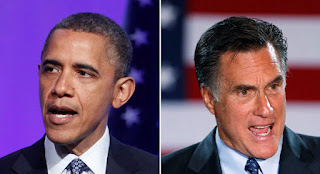His current part-time role as Chancellor, and stated objective of economic growth, has been a dismal failure. The extremely modest deficit reduction achieved so far has occurred mainly through stealthy tax hikes and his extreme monetary easing policies are doing nothing but storing up inflation and anger for the future.
His opponents on the other side of the commons can offer no better. Labour’s answer is, as usual, a call for more Gordon Brownesque demand side Keynesianism, more borrowing, more stimulus, and an avoidance of the real problems for a braver leader of the future.
This two part series argues that the ‘austerity vs growth’ debate of recent months is disingenuous and misleading. The first part focused on the austerity side of the debate, and gave examples of how deficit reduction can be achieved without it. This second part focuses on growth, a word which has been hijacked by Labour in recent times to mean ‘more spending,’ and a concept that continues to elude Mr Osborne.
In order for Osborne to keep his office at the Treasury, he will probably have to give up his role as Tory election campaigner and will almost certainly have to change his economic strategy in some regard.
What the country needs is real plan for growth. A strategy that will actually makes it easier for people to trade and create jobs, but also a strategy that does not involve piling more debt onto our bankrupt government.
This post argues that growth can be achieved without spending excessively and can be done immediately with demonstrable results in as little as a few years.









